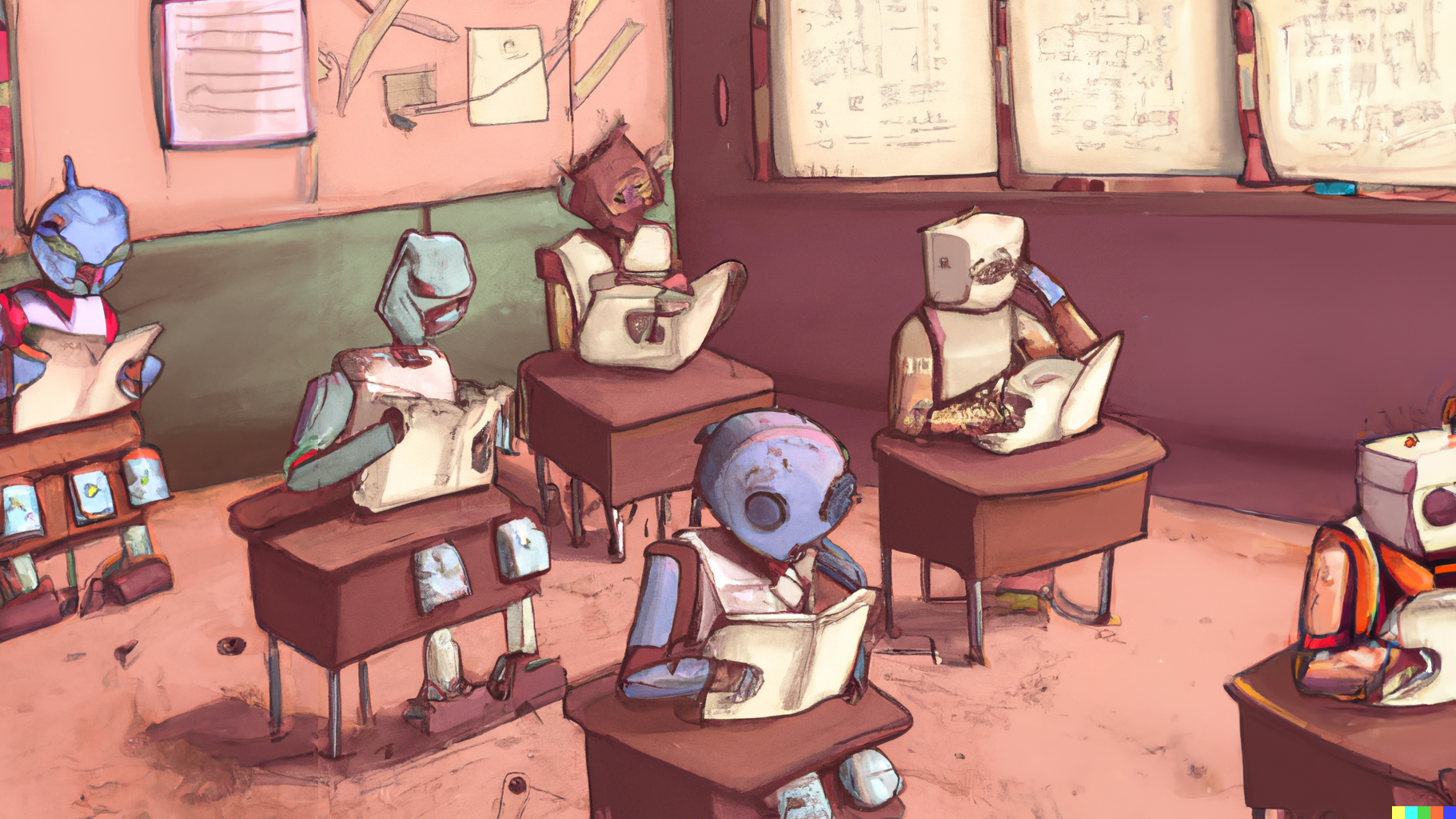As the CEO of an AI startup, I’m reading dozens of papers from the field of edge computing and machine learning every week. I thought it would be useful to share some of the papers that I found most interesting. If this catches up, I’ll make it a regular thing.
Anyway, here are three papers that caught my eye in the past week:
Cell recognition using edge computing
In their latest paper, authors from Xi’an Jiaotong University propose a new method for recognizing cells using edge computing. Cell recognition is an important task in biology, helping to diagnose diseases, discover new treatments and develop new drugs — but the traditional process is complex and time-consuming.
The authors propose a solution based on artificial neural networks that significantly speeds up this process while maintaining high accuracy. This is exciting for me professionally, as it opens up new opportunities for edge computing to help solve complex problems in biology.
Edge “privacy shield” using federated learning
In this paper, a joint Pakistan-UK-Malaysia team describes a new system for privacy-preserving edge computing. The proposed system is based on federated learning, where multiple edge nodes collaborate to train a machine learning model without sharing their private data, thus reducing the number of calls between edge nodes and the main server.
As privacy is one of the key concerns in edge computing, this system is an important contribution to the field. I personally believe that privacy-preserving methods are going to be increasingly important in the coming years.
Springer’s editorial on collaborative computing
Speaking of federated learning, Springer recently published an editorial on collaborative computing in AI-empowered mobile networks. The piece summarizes six recent papers that cover topics such as energy efficiency, routing and congestion control.
The topic of collaborative computing is one that I find very exciting. As we move towards a more decentralized world, cloud computing will increasingly be replaced by edge computing, where devices collaborate with each other to solve complex problems.
That’s it for the week!
If you have any feedback or suggestions, I’d love to hear from you.
And if you know of any good papers on edge computing or machine learning, please share them in the comments!


